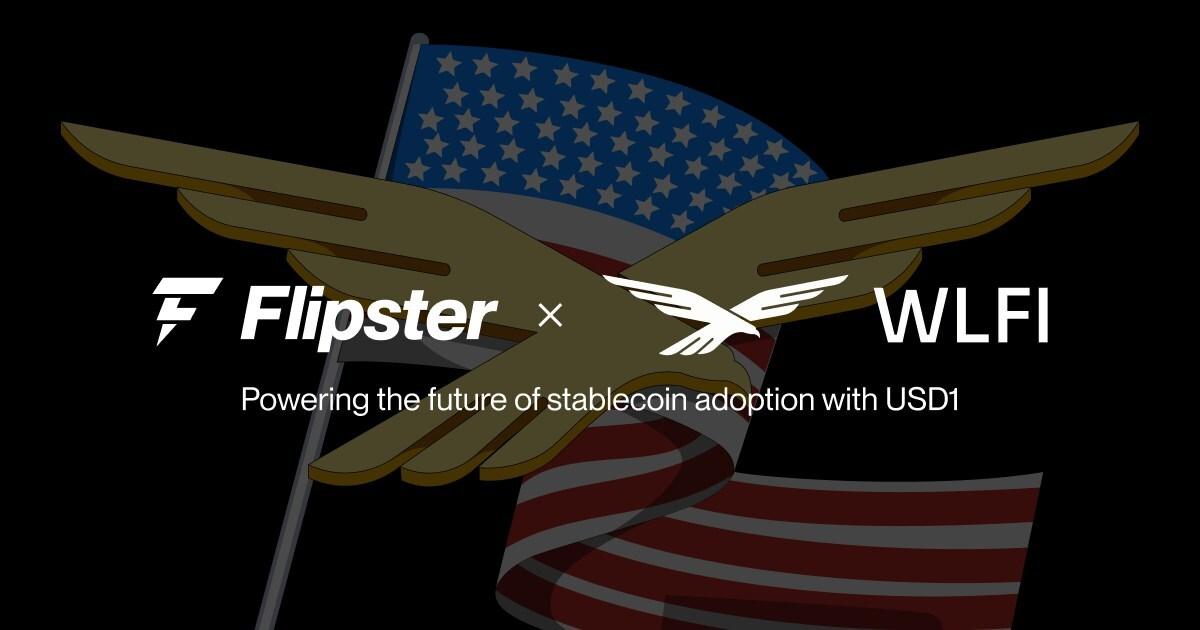The Fusaka upgrade — what does it mean for the future of Ethereum?

The second-largest cryptocurrency by market capitalization has finally “come back to life” after a prolonged decline, which was particularly noticeable in the ETH/BTC pair.
Despite the recent rally, Ether is still trading almost 50% below its all-time high of ~$4,900, reached in November 2021.
Growing competition from DeFi ecosystems based on Solana, BNB Chain, and, paradoxically, Ethereum layer 2 (L2) solutions is making itself felt. The latter are designed to help scale the main network, but in fact have taken over a significant portion of on-chain activity.
However, developers are working tirelessly to improve the protocol and lay the foundation for upcoming comprehensive updates.
One of the latest, Pectra, has increased the efficiency of L2, added smart contract functionality to wallets, and relaunched the deflation mechanism.
The next stage will be the Fusaka upgrade, scheduled for the end of the year. ForkLog examined the features of this large-scale and strategically important update and how it could affect the future of Ethereum.
Have a good rest with any game here – Reels of Wealth slot
Unresolved issues
Ethereum has been criticized for stagnant on-chain activity in the base blockchain — the Dencun hard fork sharply reduced the costs of L2 networks, where transaction volumes have shifted. This has led the market to consider ETH less valuable, according to Sygnum experts.
In many key parameters, the second-largest cryptocurrency by market capitalization lags behind Solana: apparently, most users value speed and low fees more than the degree of decentralization.
However, there is a growing opinion that Solana will surpass Ethereum in the number of consumer decentralized applications (dapps) in the future.
To survive the intensifying competition and maintain its leadership, Ethereum urgently needs comprehensive updates to improve scalability and UX.
What has Pectra changed?
On May 7, the Pectra upgrade took place on the Ethereum network. The largest update in terms of the number of proposals was activated at epoch 364,032.
The upgrade includes a series of improvements aimed at increasing the convenience and efficiency of Ethereum. It contains 11 key EIPs.
One of the important innovations is the addition of smart contract functionality to wallets, which simplifies their use and recovery.
As a result of the update, the storage capacity for scaling L2 networks has also doubled, and the UI for validators has been improved.
Disclaimer: This is a sponsored article and is for informational purposes only. It does not reflect the views of Crypto Daily, nor is it intended to be used as legal, tax, investment, or financial advice.




